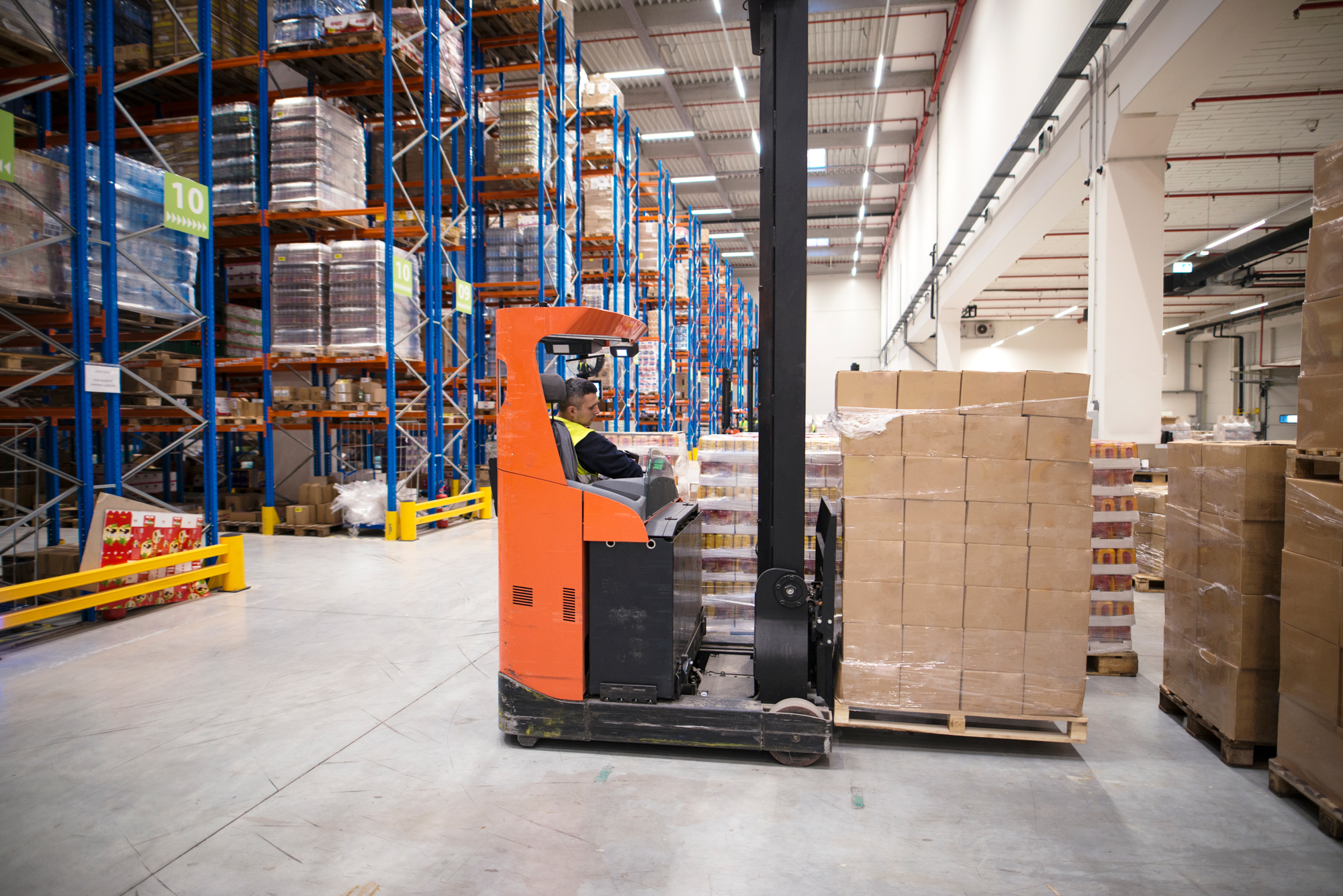Today, the success of eCommerce businesses comes down to customer satisfaction and whether or not they would recommend your offerings to others. Of course, there is more than one factor that plays into customer satisfaction. But arguably the most crucial factor to customer satisfaction is the order fulfillment process. It refers to the accuracy and speed with which fulfillment of orders takes place and determines customer satisfaction.
In a tech-driven world, research proves that the order fulfillment process has become one of the most complex aspects of operating a business. Now, in order to streamline and simplify the order fulfillment process, businesses opt for 3PL partners to heighten customer satisfaction and cut back on costs.
In short, 3PL and 4PL providers help businesses optimize and improve their logistics operations and expand their capabilities. When it comes to eCommerce fulfillment, you have to be aware of the subtle differences between a 3PL and a 4PL.
Keeping that in mind, let’s touch on some of the differences, characteristics, and benefits of 3PL and 4PL and how they tie together for modern eCommerce enterprises:
What is a 3PL?
Third-party logistics or 3PL refers to a logistics partner that provides storage/warehousing, pick & pack, order fulfillment, shipping services, and more. This partnership model allows a business to outsource its shipping and logistics in order to improve operations and reduce overhead costs.
In a highly competitive eCommerce landscape, 3PL serves as the partner that allows businesses to scale and grow. Although this type of supply chain model is more than five decades old, the role of modern 3PL partners is bigger and touches on different aspects of order fulfillment. In most cases, businesses seek out 3PL providers when their current supply chain processes become too complicated or too expensive to manage on their own.
Mostly, 3PL providers provide a combination of services that include storage and warehousing, packaging, picking and packing orders, inventory planning, inventory management, shipping services, and more. These logistics services are customizable and scalable. And 3PL providers make sure their offered logistics services cater to specific needs of the business.
Benefits of 3PL
One of the benefits of availing the services of a 3PL partner is to strategically optimize supply chain processes and create more room for innovation. 3PL partners help businesses streamline supply chain and logistics that saves their valuable time and reduce costs.
On average, 3PL providers come through and help businesses save 10%-30% of transportation costs. 3PL providers make sure to meet international and domestic regulations and handle customs brokerage. You can depend on most 3PL providers to offer monthly pricing packages rather than trapping you into an extended contract.
Generally, 3PLs possess warehouse capacity to ensure order fulfillment from locations throughout the country or internationally. Most businesses have started to realize that hiring a professional 3PL is a cost-effective strategy rather than having to lease or purchase a warehouse space.
What is a 4PL?
Fourth-party logistics or 4PL refers to a logistics partner that more or less assumes the same role and responsibilities of a 3PL, while taking on other responsibilities. Generally, most 4PLs do not own their own warehouse or distribution center. In most cases, 4PL providers delegate and outsource components of the logistics operations, including managing 3PLs, freight forwarders, and shipping carriers. A 3PL within a 4PL’s ecosystem is operated independently and utilizes its own processes and systems.
You can view a 4PL partner as a logistics team that manages and delegates different components of the supply chain. 4PL providers serve as logistics heads or consultants who take care of supply chain activities for businesses.
Benefits of 4PL
One of the perks of opting for a 4PL provider is that a business can outsource their logistics operations and other responsibilities in the supply chain like managing freight forwarding and order fulfillment.
The focus of most 4PL providers is to help businesses streamline their logistics functions, reduce costs, and enhance value.
3PL Vs 4PL -Which Logistics Model is Suitable for Your Business?
Since there is a long list of diverse 3PL and 4PL providers in the market, it can be overwhelming for businesses to make the right choice. If you are operating an eCommerce business, a 3PL model is perfect to outsource standard logistics and order fulfillment operations.
On the other hand, 4PL providers serve as logistics heads or consultants who take care of supply chain activities for businesses. But unlike 3PL providers, 4PL providers may delegate and outsource these services to other companies and businesses. Remember, every eCommerce enterprise goes through different phases and needs supply chain and logistics support that suits each stage.
In retrospect, if you’re spending an excessive amount of time on your order fulfillment process, then realize the urgent need to hire a 3PL provider. It is the best way to streamline order fulfillment and positively influence your business to drive future growth.
Final Thoughts
In terms of rendered services, 3PLs and 4PLs have their own unique advantages. Generally, most 4PLs do not own their warehouses and assets. Instead, they outsource their logistics operations to other logistics companies. A 4PL works with other partners, including 3PLs, to logistics solutions to their clients.
If you are looking for the most reliable and efficient order fulfillment services, opt for a 3PL partner.




